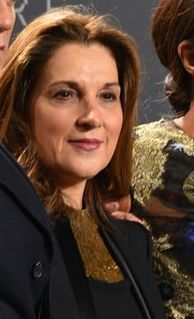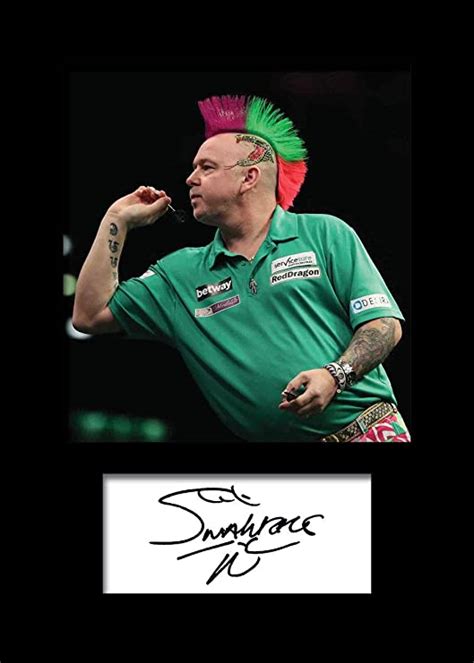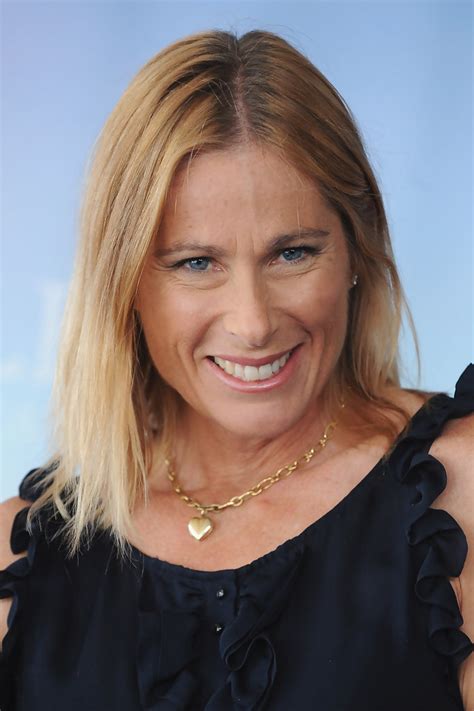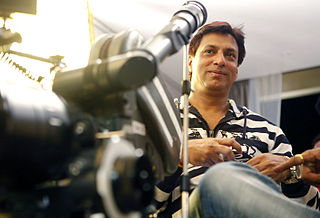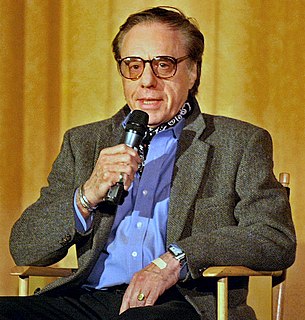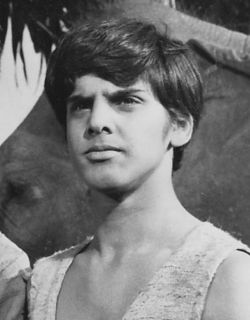A Quote by R. J. Cutler
I'm big into not drawing conclusions for people. I think that's what makes for the most exciting, compelling films. I get bored when the politics of the filmmaker are the subject of the film that I see.
Related Quotes
Most people don't really understand what it takes to get a film made, and the struggles. I think anyone who makes a film goes through their own set of struggles. People go to extraordinary lengths to get films made. I hope it's of interest to people. One would think that it would be very easy, with an iconic character like James Bond, to keep making the films, but it hasn't been. But, it sure has been entertaining and rewarding.
If you see a bad live action film, what are the conclusions you draw? Typically, it is that they made a bunch of mistakes, a bad script, wrong casting. You get into 2D, and you get a few films that are not strong films. And what is the conclusion? That it's 2D? I beg to differ. It's a convenient excuse, but it's just wrong.
I make films that are very personal, and I always have. It's kind of the only thing that I think I have to offer as a filmmaker: the intimacy I've had with experience in a particular world, so the film comes from things I've seen and things I've felt. It gets transformed by the process. I don't think I'd ever start making a film until I had both the intimacy with the subject and the distance to make it live in a certain way.
I think one of the reasons younger people don't like older films, films made say before the '60s, is that they've never seen them on a big screen, ever. If you don't see a film on a big screen, you haven't really seen it. You've seen a version of it, but you haven't seen it. That's my feeling, but I'm old-fashioned.
I think the biggest challenge was being aware of a certain audience that was going to see this film [lone survivor]. There's a big difference from a typical movie, journalists and critics and film goers that go see it find that, that's the general experience you have as a filmmaker. So that just kind of proves my point that there's a really different audience.
When industry people see something different they don't know what to do with it, so filmmakers who make films about women, they kind of fall through the cracks. If a woman filmmaker makes film about war, like [Kathryn] Bigelow, they say "Okay, this is a war film, it has ninety percent men in it, we know what to do with it." But then she still gets attacked for not doing it properly. [...] But even though it bothers me I don't want to dwell on the sex and gender thing.
When critics or people judge, I think it's harder to make a commercial, pop movie than it is to make a pretentious art film. It's harder to reach millions of people and satisfy them and make them happy. These films kind of get ghettoized, this genre because there are so many big, big movies that are such big hits, but aren't any good. The audiences, they're not judging the style of the director, or the execution of the film. They're just looking to be entertained. They want to escape from their reality, and that's why we make movies, to get people to escape from the realities.


